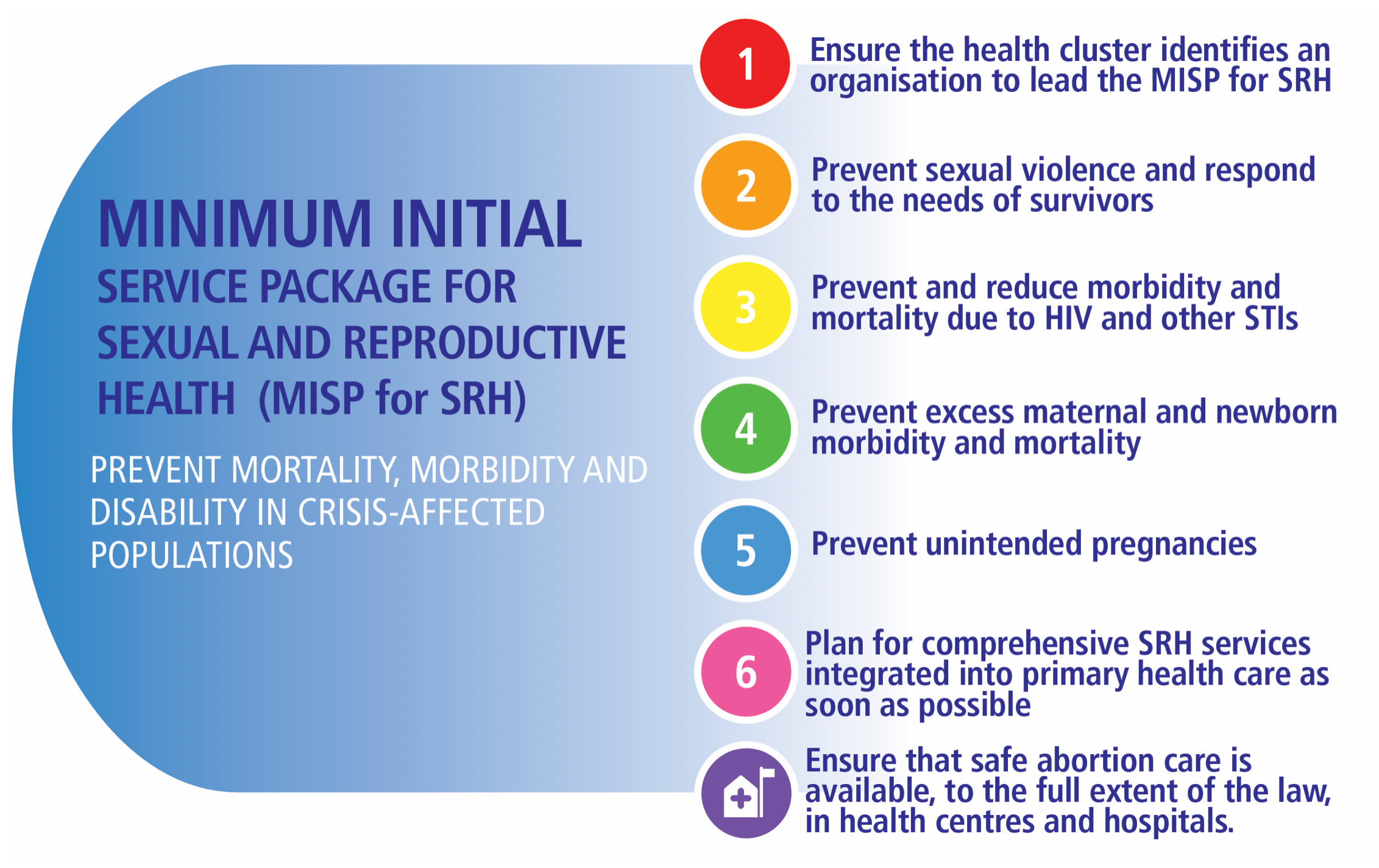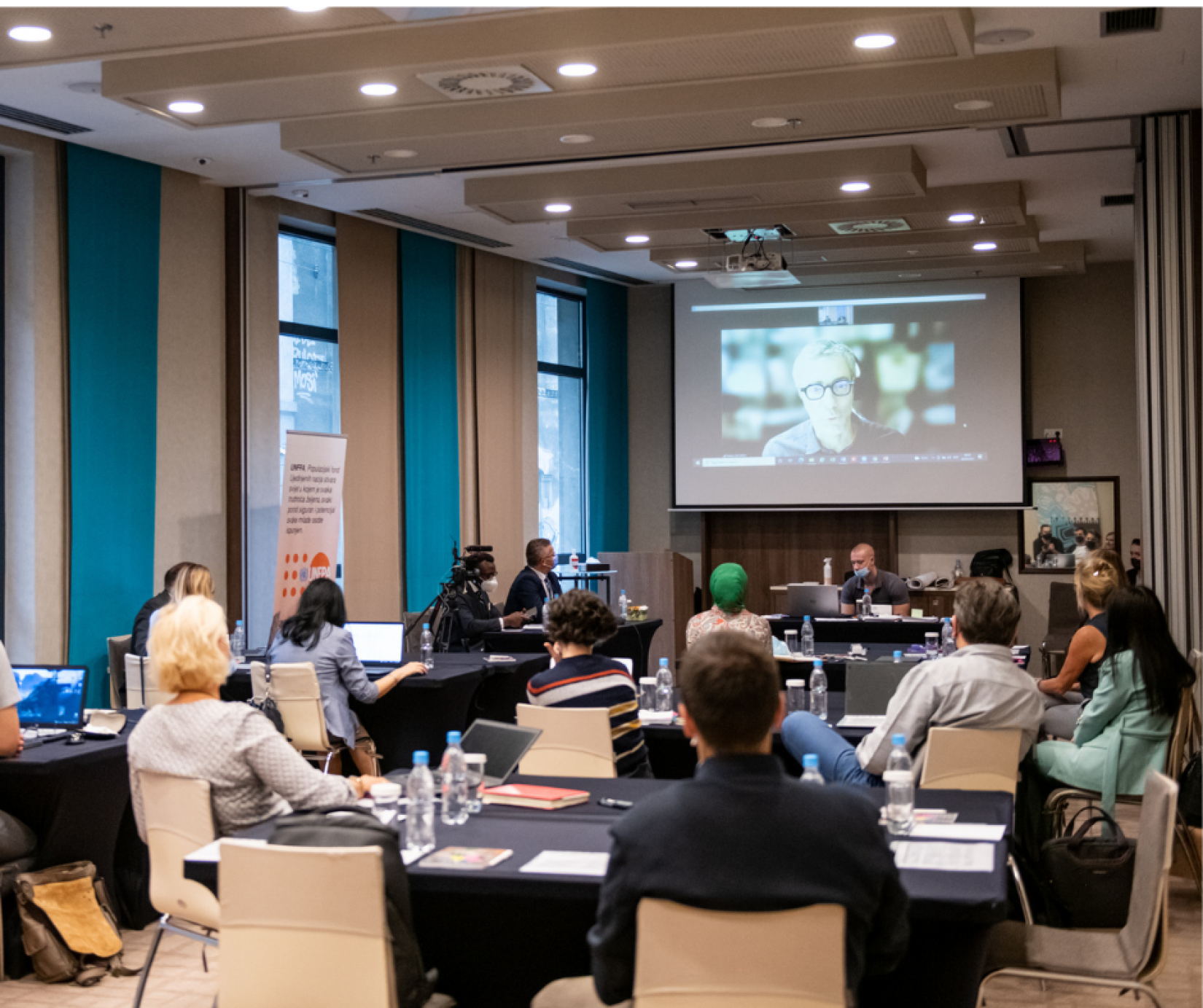The Joint “Disaster Risk Reduction (DRR) programme for sustainable development in Bosnia and Herzegovina" (JP Swiss-UN DRR) started in 2019 aiming to support people and high-risk local communities in Bosnia and Herzegovina to prepare for and adapt to disaster risks and shocks across various development sectors. It is a CHF 3.9 million worth programme, of the Government of Switzerland and the United Nations, implemented by the UN agencies: UNDP, UNICEF, UNESCO, UNFPA and FAO in partnership with the authorities in Bosnia and Herzegovina. JP Swiss-UN DRR is implementing in 10 local governments targeting more than 600.000 citizens.
The Joint programme provides support in developing sustainable model of disaster risk governance as an essential and integral part of the local development perspective. Through multi-sector approach programme improves local coordination mechanisms between different sectors (protection and rescue, education, social and child protection, health, and agriculture) with the strong focus on the most vulnerable population groups.
Every day, some 500 women die during pregnancy or while giving birth in humanitarian settings. Globally, women are 14 times more likely to die in a disaster than men. Emergency situations make resources scarce, which may result in an increased risk of providing an inadequate response to the women’s needs during pregnancy, delivery, and postpartum care, an increased number of unwanted pregnancies, sexually transmitted diseases, human immunodeficiency virus HIV/AIDS, gender-based violence etc. Therefore, it is critical that sexual and reproductive health (SRH) services are provided in humanitarian settings.
A UNFPA survey showed that local communities in Bosnia and Herzegovina have limited capacities to provide services for sexual and reproductive health and essential services for women and girls subjected to gender-based violence. As one of the implementing UN agencies of the Joint DRR Programme, UNFPA focuses on the protection sub-cluster on gender-based violence in emergencies, UNFPA works to improve the multisectoral capacities of professionals from both health and non-health sectors by mainstreaming the Minimal Initial Services Package (MISP) for sexual and reproductive health in emergencies in specific sectorial and local development strategies as an international standard of care.
Improvement of the strategic and regulatory frameworks coupled with the development of the institutional capacities ensure that authorities are better prepared to respond to SRH needs and the needs of those subjected to gender-based violence during crises.
Since 1997, MISP has been the international standard of care for SRH in humanitarian settings. This package of services helps prevent sexual violence, assists survivors, reduces HIV transmission and prevents maternal and neonatal deaths during crises. It is imperative that MISP is implemented at the onset of any crisis since these needs are often overlooked with potentially life-threatening consequences.
MISP objectives are to: 1) ensure identification of an organization(s) to lead the implementation of the MISP for SRH, 2) prevent sexual violence and respond to the needs of survivors, 3) prevent the transmission of and reduce morbidity and mortality due to HIV and other sexually transmitted infections, 4) prevent excess maternal and newborn morbidity and mortality, 5) prevent unintended pregnancies, and 6) plan for comprehensive SRH services integrated into primary health care as soon as possible. Other priority activities of the MISP for SRH include access to safe abortion care to the full extent of the law.

Based on the results of the institutional mapping and capacity assessments, the Joint DRR Programme organized the MISP training sessions for 32 health professionals from local communities to enable them to respond to risks and inequities faced by women and girls during emergencies. Furthermore, eight new MISP trainers completed a MISP Training of Trainers workshop focusing on teaching methods for adults. Certified trainers will continue to train other professionals from various sectors involved in the provision of the SRH services and essential services for survivors of gender-based violence.
With the support of the JP Swiss-UN DRR, model of integration of the MISP into the local development strategies was developed and implemented in 10 partner municipalities through contextualized Action plans as integral parts of the local development strategies. However, there is still an obvious need to continue cooperation with the authorities at all levels in order to scale up the implementation of the model throughout the whole country and ensure its long-term sustainability.




